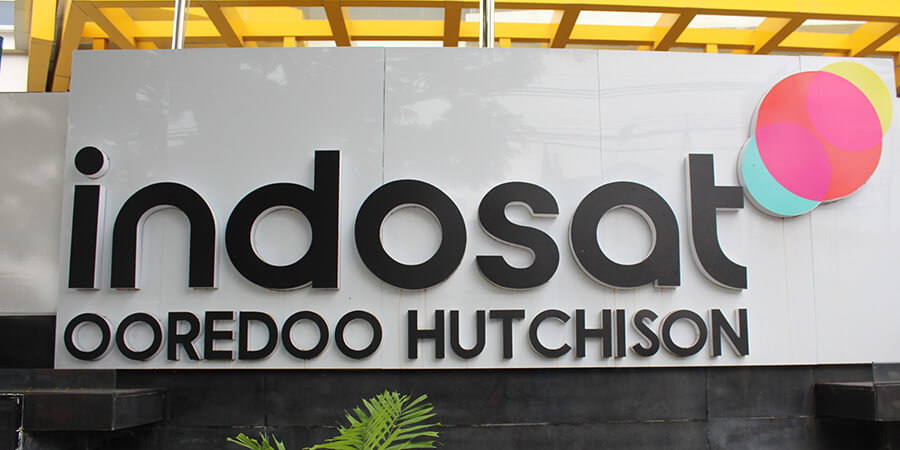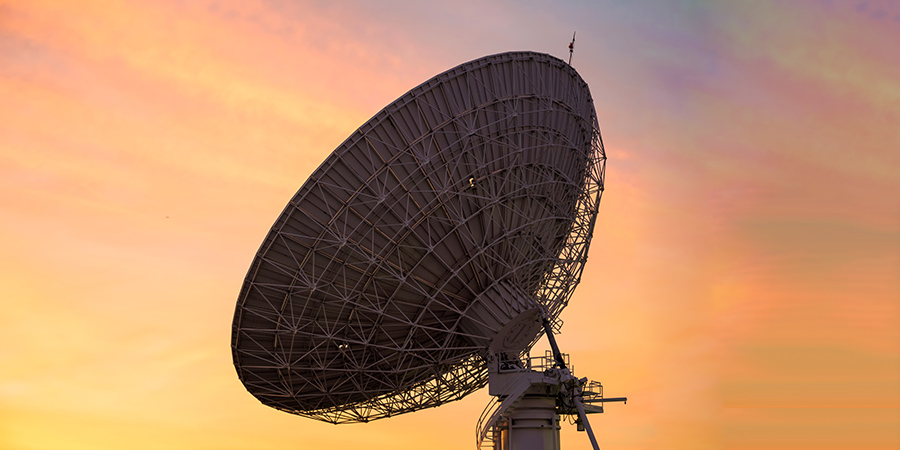The Telecom Regulatory Authority of India (TRAI) has formally suggested that all telecom companies should be allowed to share both infrastructure and spectrum, whether it be actively or passively. This move aims to improve the efficient use of resources.
Indian telecom companies have long requested authorization for inter-band spectrum sharing and spectrum leasing to third parties. Present regulations restrict active infrastructure sharing to specific components like antennas, feeder cables, Node Bs, RANs, and transmission systems. Similarly, only spectrum trading and intra-band spectrum sharing are currently permitted for spectrum sharing.
As early as 2021, the Department of Telecommunication (DoT) has suggested enabling telecom service providers across all categories to share any telecom infrastructure they deem necessary to optimize resource usage.
Consequently, the TRAI initiated a consultation on infrastructure and spectrum sharing in January 2023. Subsequently, the Indian government enacted the updated Telecommunications Act, 2023, which includes a provision allowing the Central Government to authorize the sharing, trading, leasing, and surrendering of assigned spectrum, subject to specified terms, conditions, and fees.
Recommendation Key Aspects
Telecommunication service providers are urged to share their passive infrastructure, such as buildings, towers, and electrical equipment like batteries and power plants, as well as dark fiber, duct space, Right of Way, etc., with all types of telecommunication service providers, under their own licenses.
Additionally, in future projects conducted by the Universal Service Obligation Fund (USOF) under the Indian Telegraph Act, 1885 (or Digital Bharat Nidhi under the Telecommunications Act, 2023), the Department of Telecommunication (DoT) should incorporate a provision in the agreement with the Universal Service Provider (USP). This rule would necessitate the USP to allow at least two other telecom service providers to share the passive infrastructure installed under the project. The terms for sharing must be transparent and fair to all parties without discrimination.
In continuing projects funded by the Universal Service Obligation Fund (USOF), the Department of Telecommunications (DoT) should assess the feasibility of issuing directives to Universal Service Providers (USPs). These directives would mandate that USPs do not refuse to share the passive infrastructure developed under the project with at least two other telecom service providers, under terms that are transparent and non-discriminatory.
To safeguard consumer interests, a telecom service provider that has erected mobile network infrastructure in remote and underserved areas of the country, either wholly or partially funded by the Government through USOF (or Digital Bharat Nidhi), should be mandated to permit roaming to other Telecom Service Providers (TSPs) on its network in these remote areas, initially for a duration of three years.
Access service providers within a Licensed Service Area (LSA) should be permitted to engage in inter-band access spectrum sharing. This entails allowing participating providers to combine access spectrum from various frequency bands using shared radio access networks. It also involves enabling partnering access service providers to utilize each other’s radio access networks that operate in shared frequency bands.
Additionally, the DoT should investigate the feasibility of implementing Authorized Shared Access (ASA) technique-based spectrum sharing in India. Under this approach, spectrum allocated for government agencies or other non-Telecom Service Providers (non-TSPs) in globally standardized spectrum bands for International Mobile Telecommunications (IMT) services would be made available to access service providers as secondary users.
Under the supervision of the DoT, a field trial of ASA technique-based spectrum sharing among consenting access service providers should be conducted. Furthermore, access service providers should be authorized to lease access spectrum among themselves.
The overarching goal of the TRAI’s recommendation is to promote efficient utilization of resources and enhance telecom services in India. This includes encouraging the sharing of passive infrastructure among telecom service providers, ensuring transparent and non-discriminatory terms for sharing infrastructure in projects funded by the Universal Service Obligation Fund (USOF), allowing inter-band access spectrum sharing among access service providers, exploring the feasibility of Authorized Shared Access (ASA) technique-based spectrum sharing, and conducting field trials for ASA-based spectrum sharing among access service providers. These measures aim to improve coverage, reduce costs, and enhance service quality for consumers while fostering collaboration and innovation in the telecom sector.







